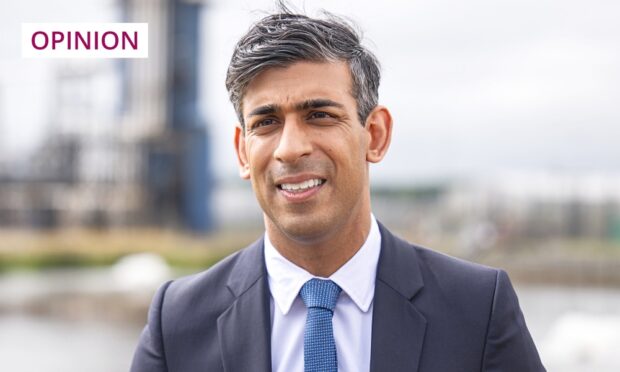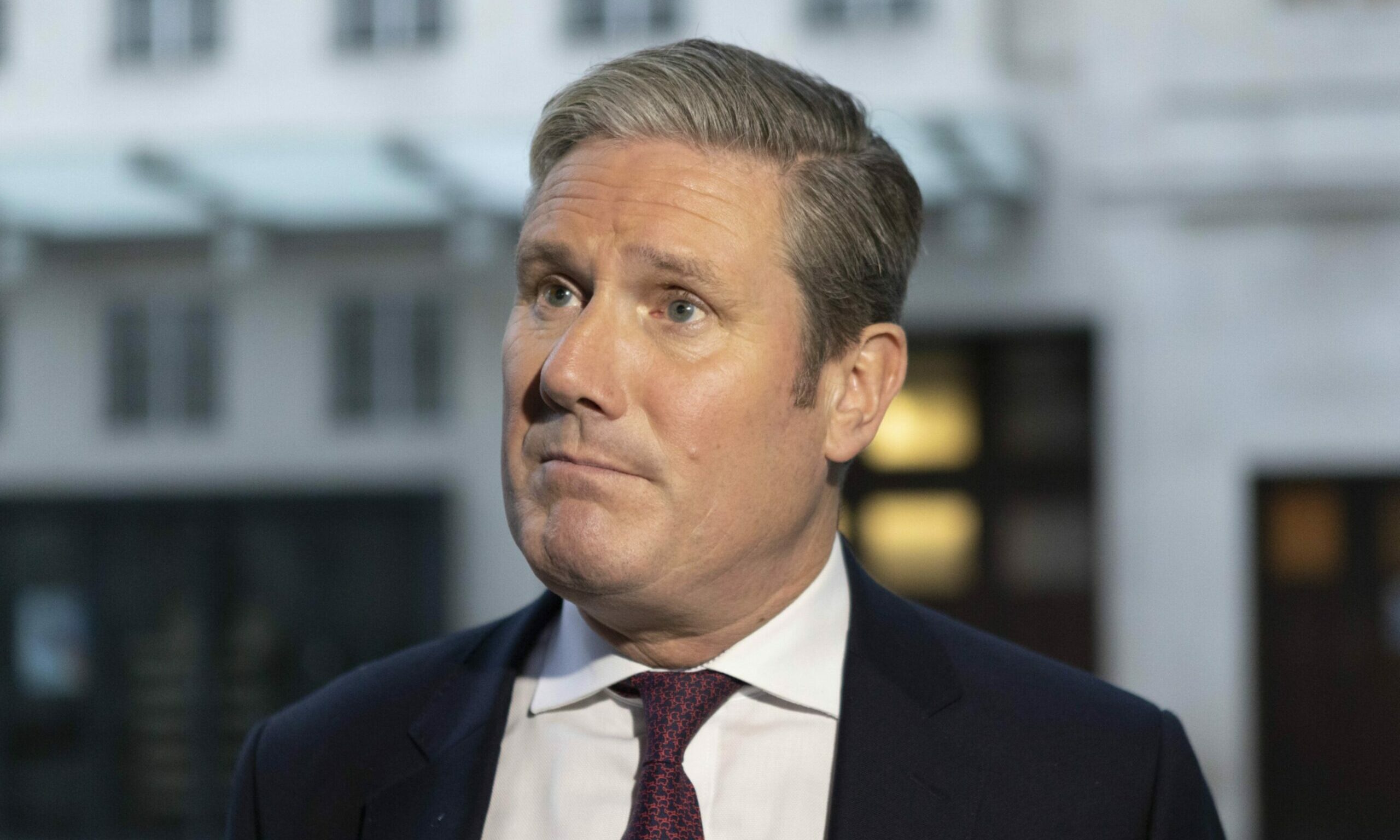Reader I was wrong.
Across numerous columns and conversations I was extremely confident that whilst the Conservatives were likely to sound less enthusiastic about their policies designed to combat climate change, there was no way whatsoever they’d dilute their plan to ban the purchase of new diesel and petrol cars by 2030.
Why? Because, the Tories pride themselves as the party of enterprise if not business and economic growth more generally.
Across the hue of political parties they understood business confidence best.
They understood that companies and investors could and would accommodate most government policies with a bit of foresight, lead in them and a belief it wasn’t whimsy.
That’s what the 2030 ban represented.
A hard stop that would give plenty of time for people to adapt their fleets of vehicles.
It was also a clear indicator of when the infrastructure needed to accommodate a boom in electric cars would need to be in place.
Still seven years away, it was just the right amount of time to work plan for all of that and to also grapple with some of the bigger questions around social tariffs for electric vehicles or what to do about all the folk who live in flats who can’t just stick a Tesla plug in their garage even if they could afford it.
Sales of electric cars to individuals are falling and bound to dip yet further after Rishi Sunak’s decision to kick this deadline to 2035.
12 years hence could be four election cycles away. You’d be better reading tea leaves than putting any faith in that deadline being met now.
‘Net zero targets in danger’
A year ago, one in three cars bought were electric. Now it’s just one in four.
The vast majority of them, 75%, come from businesses or company car fleets.
Organisations with enough buying power to make the change now and enjoy the savings over the longer term.
That fall was attributed to the government taking away most of the incentive schemes to switch.
Personally I thought that was the right move. There’s something very wrong with giving middle-class home owners huge discounts off their electric vehicles when the number of children living in poverty is rising rapidly.
It was possible though to take those incentives away without destroying market confidence in the battery electric vehicle market more generally.
By holding fast and tight to that 2030 deadline as if it were the Holy Grail. Scrapping both seriously endangers both the car industry and any hope of reaching net zero targets.
Labour in response have said they would keep the 2030 deadline.
With polls showing the party solidly and consistently ahead of the Conservatives that would in times go by provide some comfort to business.
However, after the tumultuous political events of recent times, confidence just isn’t what it used to be.
That general election could be next May, October or even in January 2025. There are more variables at play here than electric cars in your street.
‘Tricky situation for politicians’
The Prime Minister is a man in need of popular policies at a time when the country needs leaders prepared to make unpopular decisions.
This would be an easier job if the standing of politicians more generally was higher.
If citizens believed that the decisions they take are in the best interests of the country.
It’s a very tricky Catch-22 situation.
Politicians need our trust to take difficult decisions today that will pay off well into the future.
But without it, they’re destined to pursue policies they think are popular rather than right or just for the future of our country.
‘Power of the EU’
I spent a few days in Brussels with the day job this week.
What a joy it was to be in the heart of Europe and to be reminded of the power and potential of the European Union.
So many countries working in partnership together.
Debating, compromising, striking details that on the good days allow everyone to stride forth a little together.
I was tempted to ask a few folk what they thought of the Prime Minister’s speech and subsequent rollback on the United Kingdom’s climate change commitments and then I remembered, why would they have seen it?
We see the world through a very UK centric lens but it’s obviously very different there.
Not only is the United Kingdom no longer a member, its absence of membership means it’s commonly described as a third country – common parlance for a non-member state there that has a very different meaning here.
We are deeply diminished in every sense by not being in the European Union.
From the health of our economy to the opportunities our young people have, we are smaller, more isolated and unable to see ourselves as others see us.
It remains an utter tragedy.












Conversation